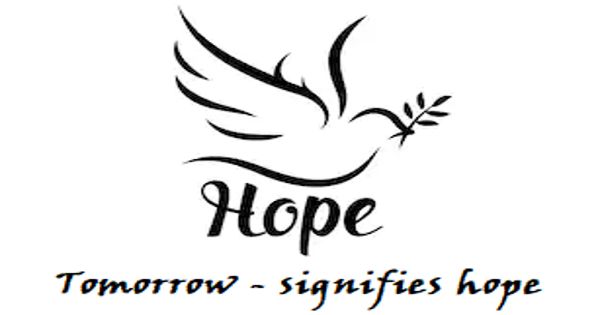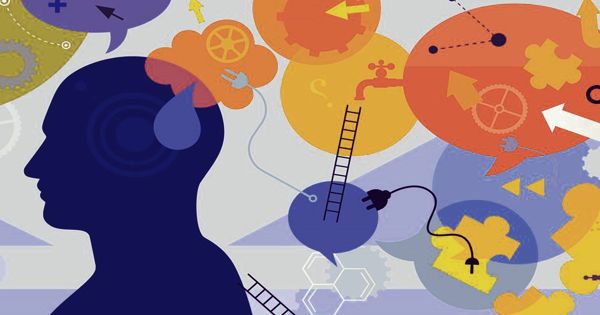Tomorrow – signifies hope
Tomorrow. What crosses your mind when you think of tomorrow? Some people think of the future literally like the next day. To others, it means the unknown. To me, it signifies hope. Let me tell you a story.
Every day, on the way to and from school I pass by a children’s hospital. One morning, as I was hurrying to school, I noticed a child staring out of a small window on the first floor. The next minute I tripped and sprawled on the ground. As I slowly pulled myself up and dusted myself off, I looked up again and saw the child laughing. In spite of my situation, I was pleased to have made someone laugh. I bowed as though I were a performer. The child clapped and waved at me. As I stepped closer, I saw that the girl’s head was bald, a sign that she was a cancer patient. I quickly waved one last time to her before hobbling off towards the school.
The next morning and the next, I looked out for the little girl and waved to her, doing a little jig just to make her laugh. I thought about her and wondered what her life must be like. ‘Tomorrow and tomorrow and tomorrow, Creeps in this petty pace from day to day.’ Those lines from a Shakespearean poem I had learned in school came to my mind. Was that how the child lived from day to day?
I felt the urge to visit the child. I went to the hospital and looked for the room facing the road. I found the little girl. She was thin and pale. When she saw me, her eyes widened with recognition and she welcomed me with a shy smile. I talked to her a bit and learned her name, Suki. The nurse who saw me talking to her later told me that Suki was a leukemia patient. Her navy officer father was a widower and was on duty outside the country. The nurse encouraged me to visit Suki so that she would not be so lonesome. As I was leaving, Suki called to me, `Tomorrow?’ I understood and said, ‘Yes, tomorrow.’
After that, I popped in to visit Suki after school every day. We played card games, Scrabble, and read together. Even though Suki was only ten, I found that I could get along with her very well. I was not visiting her out of pity. I really looked forward to her company. At the end of each visit, she always asked, `Tomorrow?’ and my reply was always, ‘Yes, tomorrow.’
Two months later, Suki told me the good news. She was well enough to be discharged from the hospital. On the day that was scheduled for her father to take her home, I visited her one last time. She gave me an envelope and said that it contained her email address. I promised to write. After Suki left, I opened the envelope. It was a short letter. Suki thanked me and told me how my answer to her question ‘Tomorrow?’ had given her hope from day to day. She believed that she recovered because of this. At the end of the letter, she wrote `Tomorrow?’ followed by her email address. I smiled and said to myself, ‘Yes, Suki, tomorrow.’
















